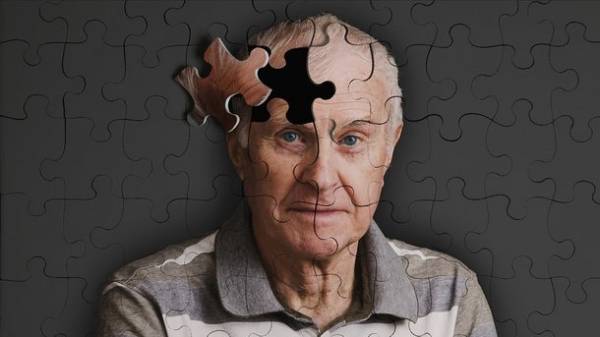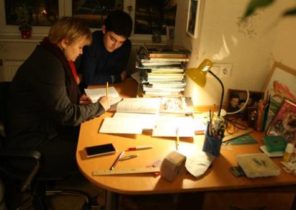
The problem with memory is one of the most famous signs of dementia. But this symptom is not the first and not the only one that says “Home”.
The number of people suffering from dementia (dementia) is steadily increasing. Therefore, it is important to know first the symptoms of this disease.
1. C a loss for words.
All of us sometimes hard to find the word. It is spinning on the tip of your tongue, but remember you can’t. In itself, this phenomenon poses no danger to health. But if it happens all the time, it may indicate early stages of dementia. Dementia directly related to the ability to speak, because they violated the relationship between the brain centers responsible for speech.
2. It is difficult to plan and to follow instructions.
To cook a favorite recipe, stitch the blouse according to the pattern or to reach to the necessary place (like driving and transport)… Before it was given without problems, but now has become difficult.
Dementia affects so-called “Executive brain function” – the ability to achieve goals through small actions, automatically building them in order. The person understands what needs to be done, and to lay down all the small processes together cannot.
3. The constant change of mood.
If you notice that someone close has become less sociable, introverted or even aggressive, don’t write off it on “perishable over the years, the character.”
Dementia affects the frontal part of the brain where “lie internal of the foot and prohibitions”. In fact, the person loses the braking system and stops to manage your emotions. This leads to the fact that he or pounced, or, conversely, hiding from people.
4. Insomnia and chronic fatigue.
With age, the person sleeps less and wakes up at night more often. It is associated with decreased production of melatonin. But also these symptoms can be signs of dementia or Alzheimer’s disease. Some types of dementia affect parts of the brain that cause nightmares and disrupt the sleep function.
5. Changing taste preferences.
Cravings for sweet foods possess a large number of people. But the sharp increase in sugar consumption can be associated with dementia. Dementia involves a change in sensory perception, including taste preferences. Australian research scientists have found a link between frontotemporal dementia and the increasing need for sweets.
6. Falls and difficulty walking.
With age be very wary of any drops. Unfortunately, dementia can increase the risk of falling. Also dementia entails a reduction of speed when walking. One study found that in people suffering from dementia, in the brain produces a protein called beta-amyloid, which makes it difficult to move.







